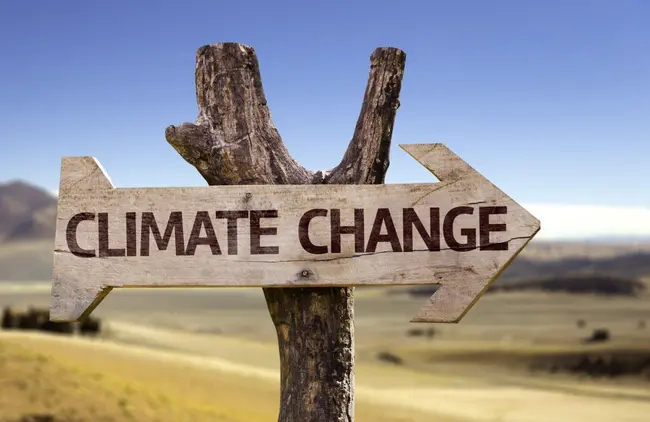image credit: climate litigation
- Aug 13, 2024 9:36 am GMT
As policymakers grapple with the complexities of climate change, the judiciary has emerged as a powerful force in driving climate action. Courts are increasingly being called upon to interpret laws, hold governments accountable, and shape climate policy.
Judicial activism—the concept of judges making policy decisions rather than merely interpreting law—has become central to climate litigation.
Landmark cases like Urgenda v. The Netherlands, where the Dutch government was ordered to reduce greenhouse gas emissions, exemplify the court’s role in compelling action.
Judges are creatively interpreting existing laws, such as constitutional rights to life, health, and property, to address climate-related harms.
A new wave of legal theories is expanding the scope of climate litigation. Human rights-based arguments, focusing on the impacts of climate change on vulnerable populations, have gained traction.
Additionally, intergenerational justice claims, asserting the rights of future generations, are being used to hold governments accountable for their climate obligations. These innovative legal strategies have the potential to reshape the legal landscape for climate action.
Transnational judicial dialogue is fostering knowledge sharing and cooperation among judges grappling with climate change.
HAVE YOU READ? Can Transboundary Cooperation Solve Horn of Africa’s Crises?
By exchanging information and best practices, courts can strengthen their capacity to address complex climate issues. This cross-border collaboration is crucial for developing a coherent global approach to climate law.
However, the judiciary faces significant challenges. Climate change is a complex, scientific issue, making it difficult for courts to assess evidence and make informed decisions.
Moreover, the political nature of climate policy can influence judicial outcomes. Despite these hurdles, judges are employing innovative approaches, such as appointing scientific experts and engaging with civil society, to overcome these obstacles.
Climate litigation is having a profound impact on policymakers and corporations. Governments are facing increased pressure to implement ambitious climate policies to avoid legal challenges.
Corporations are being held accountable for their carbon emissions and climate-related risks. The threat of litigation is driving a shift towards more sustainable business practices and low-carbon investments.
The judiciary’s role in addressing climate change is evolving rapidly. Courts are becoming essential partners in the fight against climate change.
By supporting climate litigation and empowering the judiciary, we can accelerate the transition to a low-carbon future and ensure a sustainable planet for generations to come. To learn more about climate change, click here: https://climatechange.co.ke/.
Magdaline Mwihaki
Get Published – Build a Following
The Energy Central Power Industry Network® is based on one core idea – power industry professionals helping each other and advancing the industry by sharing and learning from each other.
If you have an experience or insight to share or have learned something from a conference or seminar, your peers and colleagues on Energy Central want to hear about it. It’s also easy to share a link to an article you’ve liked or an industry resource that you think would be helpful.










